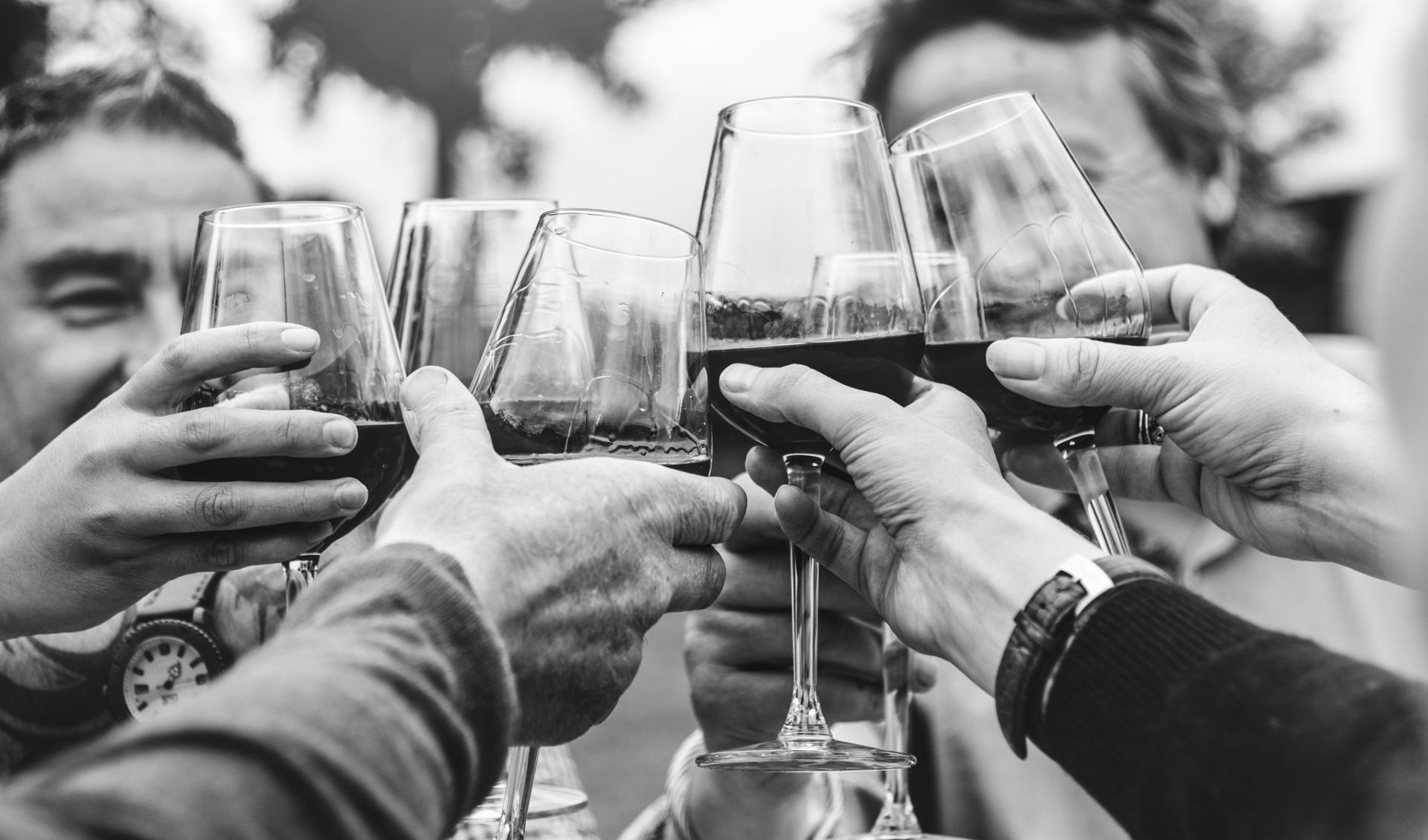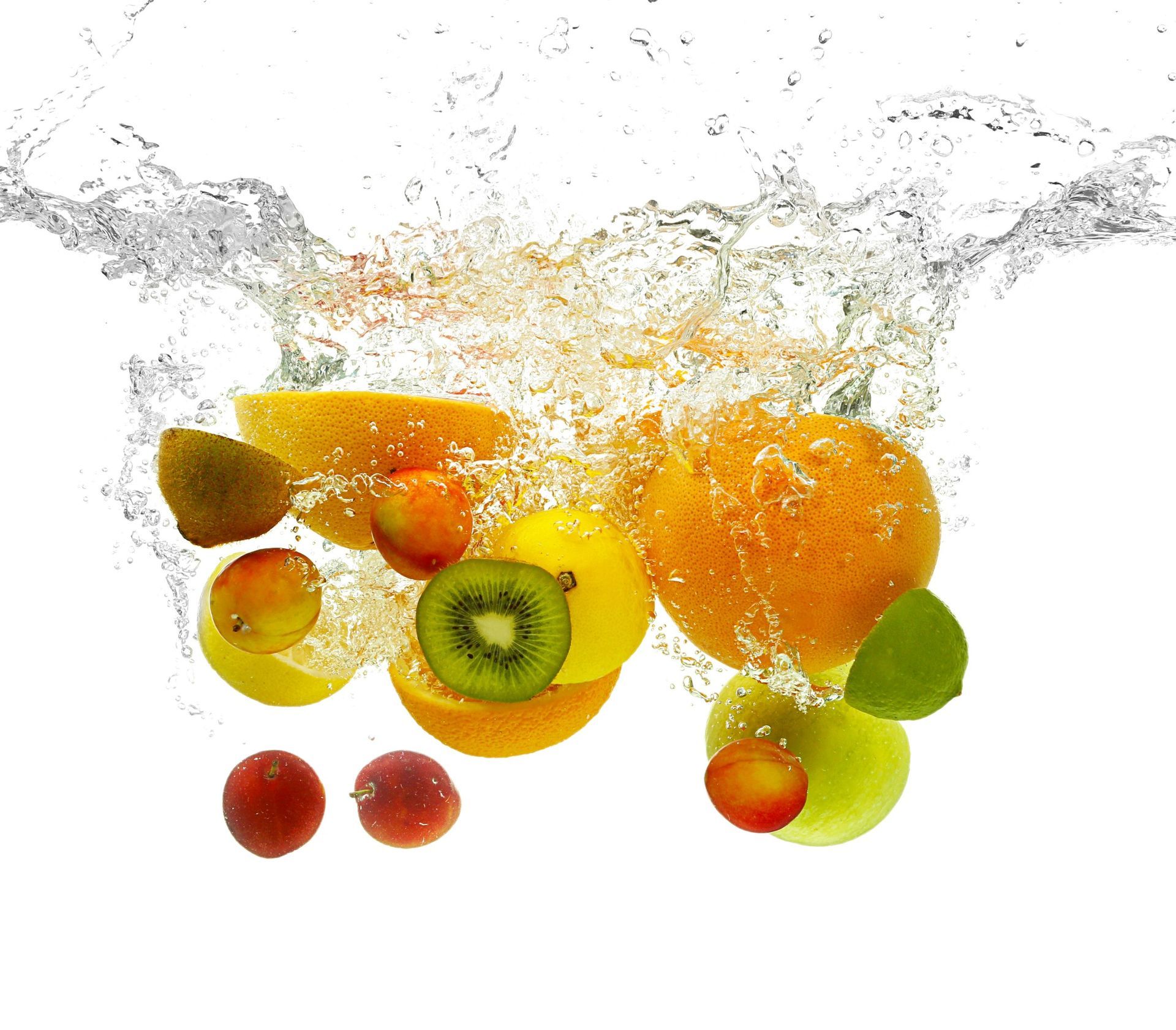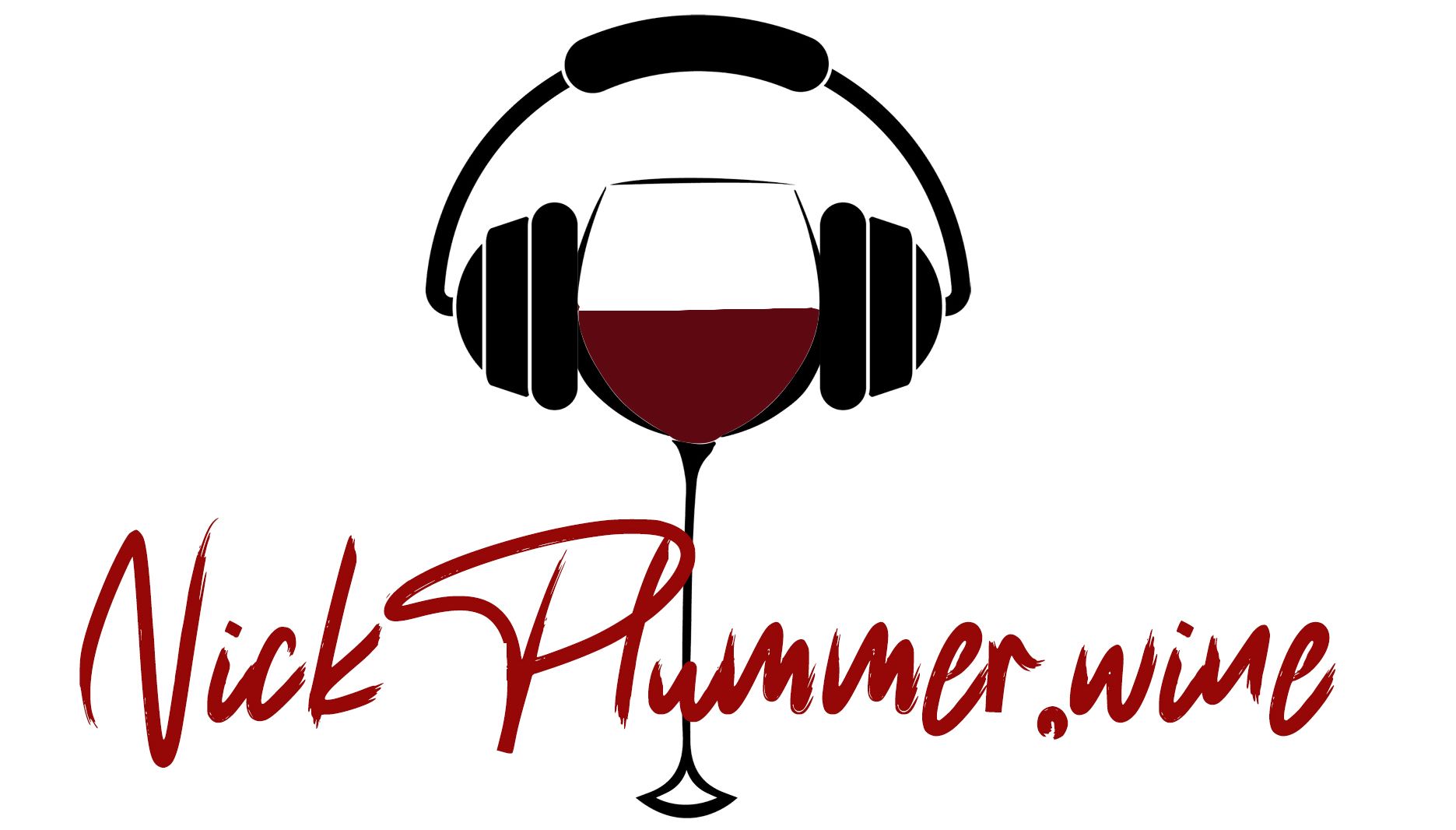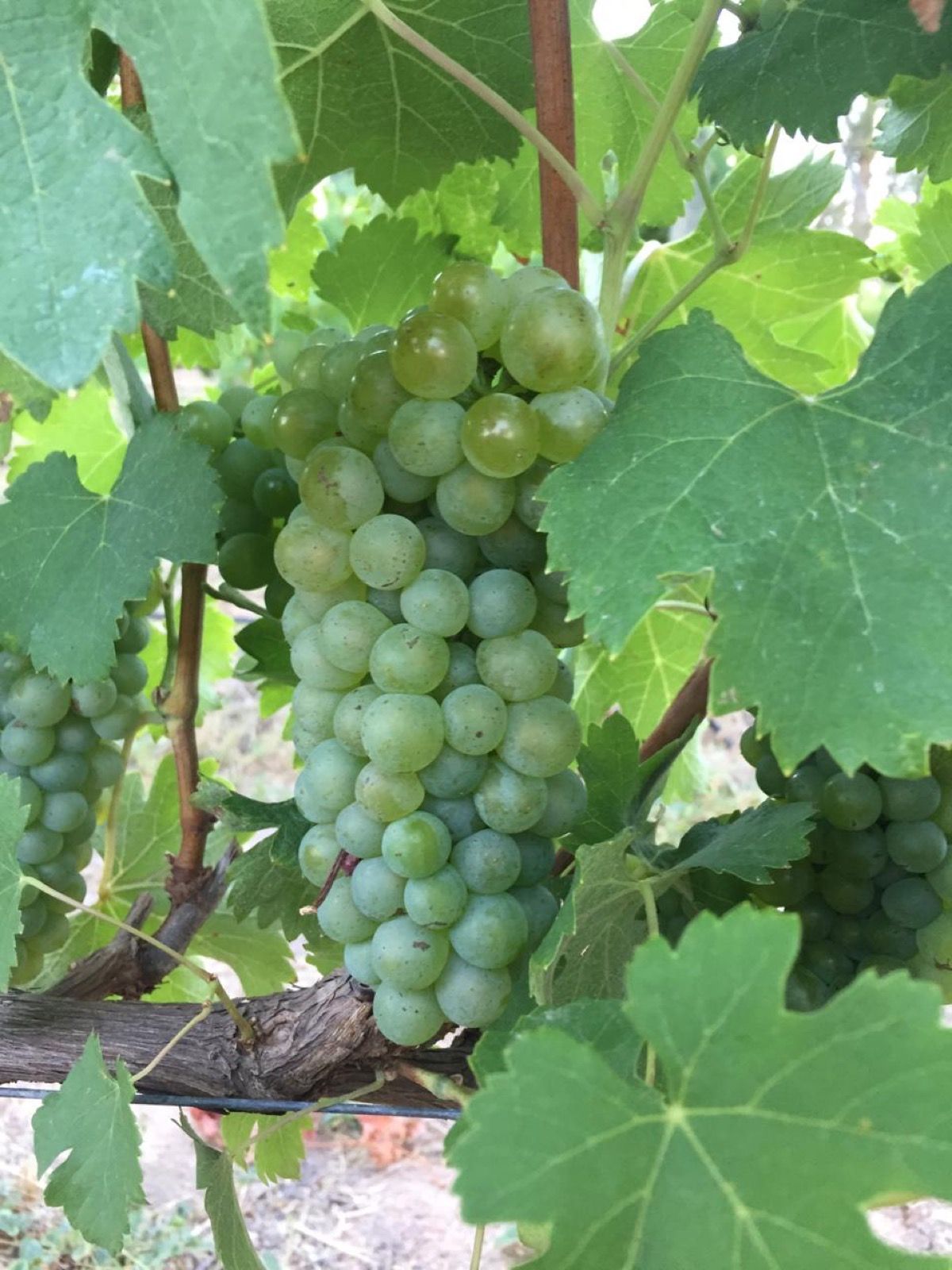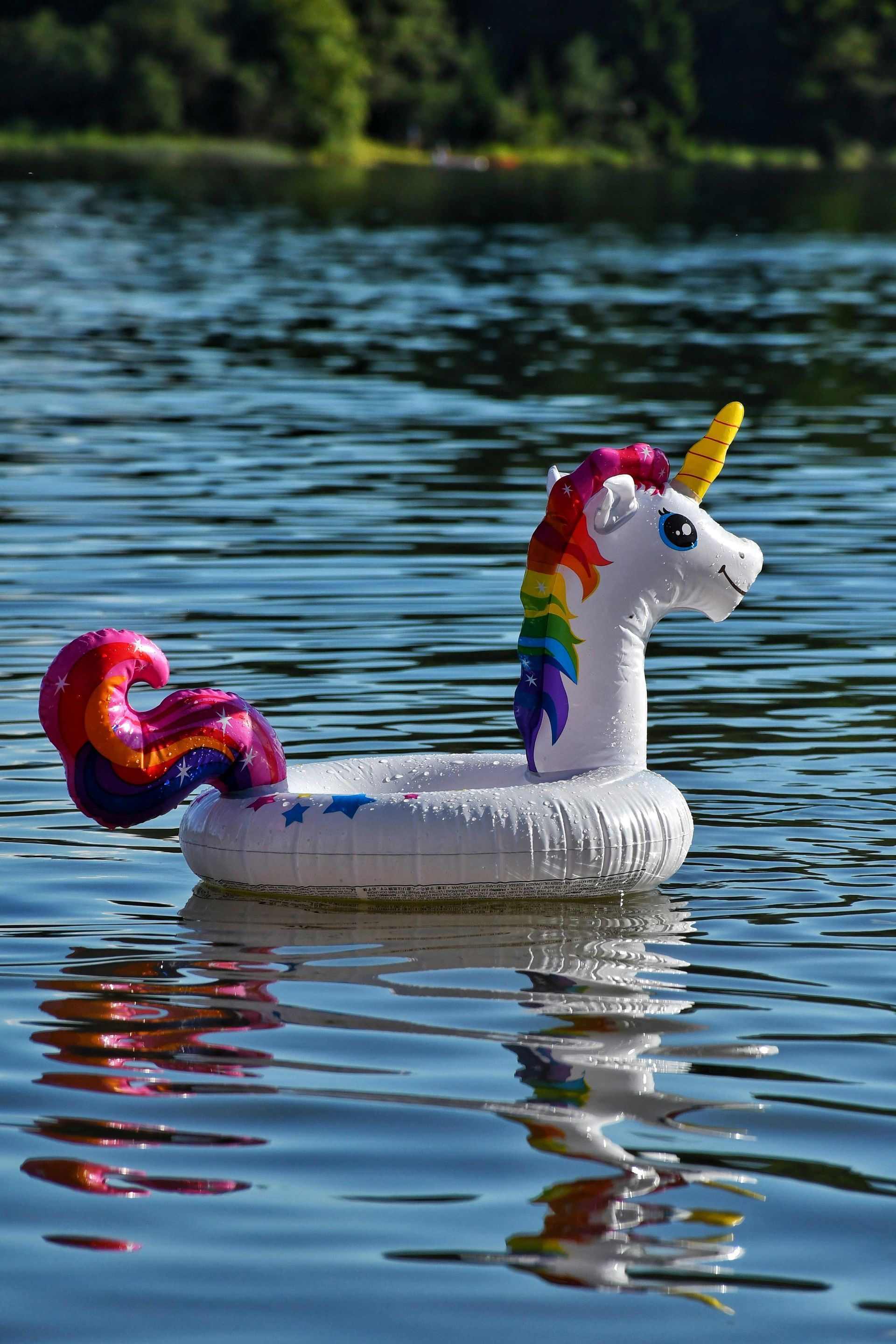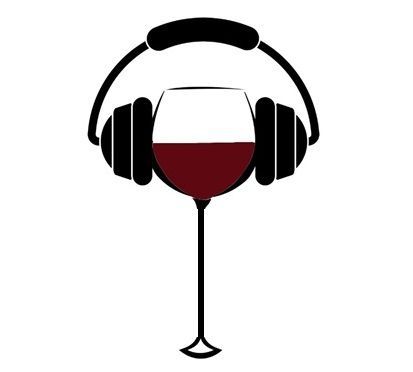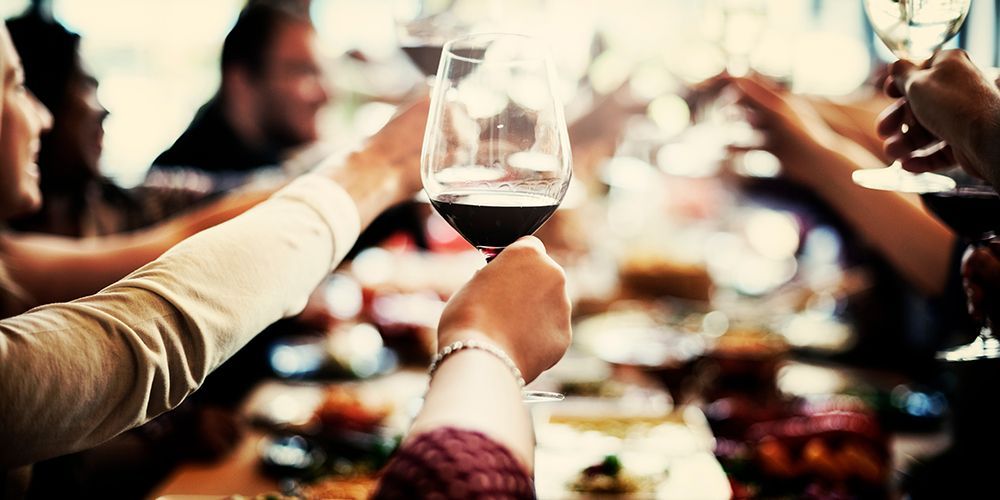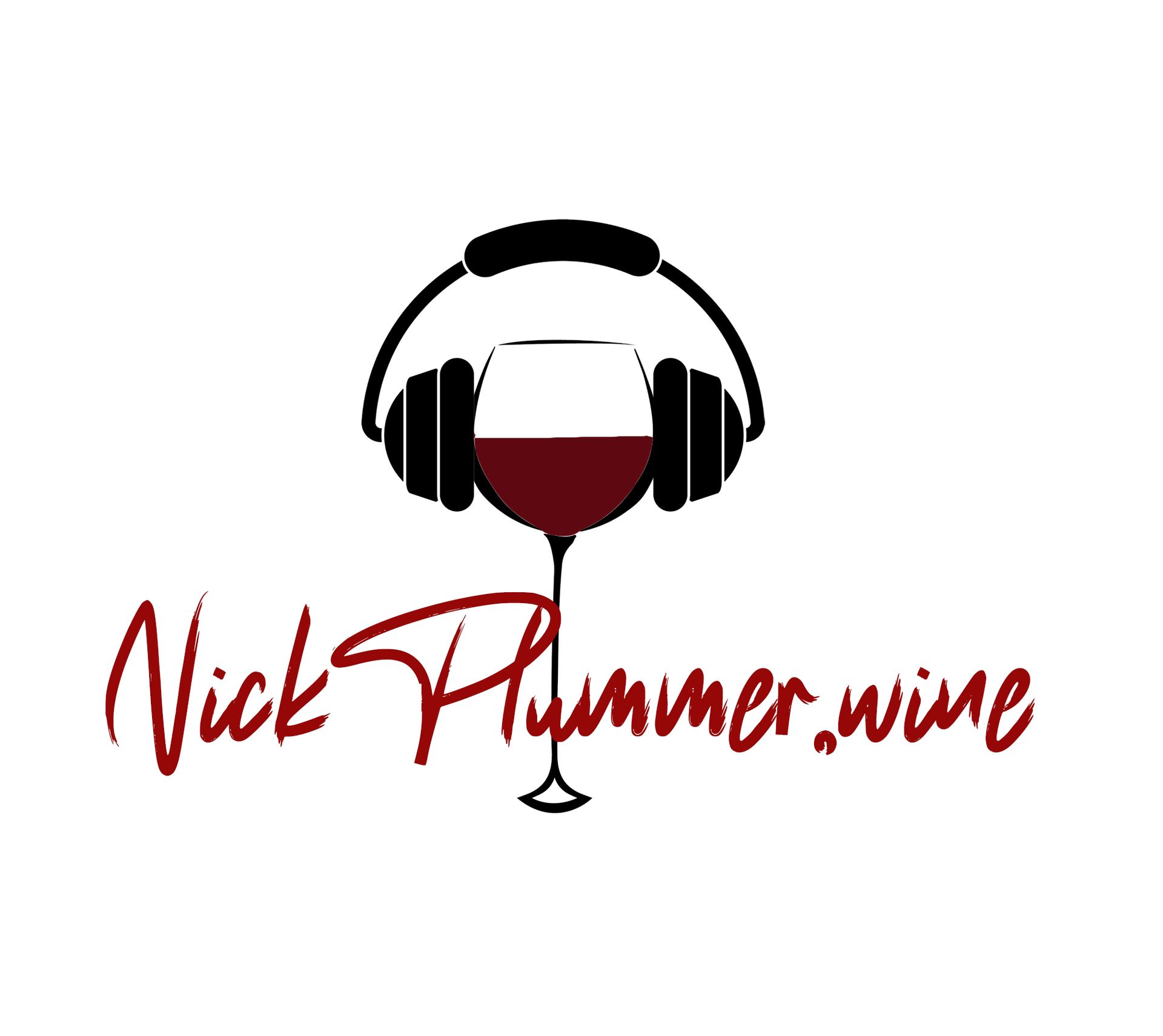Chanel No 5 and Ralph Lauren are NOT tasting notes!
It has been mentioned before that wine tasting is a completely immersive and sensory experience:
SIGHT, TOUCH, TASTE, HEARING and SMELL all contribute toward an enjoyable wine tasting experience.
When you know you're going to taste wines, you should try to eliminate external factors that could influence these senses.
SIGHT - this is an easy one - don't look at anything except the beautifully-hued liquid in the wine glass - anything else that is going on can be generally ignored, and doesn't affect what you see in the glass.
HEARING - try to taste wine in a generally quiet area, as external noise can affect your perception of taste. Yes, this is true - read the blog on Music and Wine pairing for a few more deets. Also, the stories behind the wines can be romantically evocative...
TOUCH and TASTE - I'll lump these two together, as they are relevant to what's happening in your mouth. Avoid heavy flavours prior to your tasting - for example, garlic, onions, peppermints, cigarettes, vapes, salty snacks etc. Anything that can have a lingering taste or texture in your mouth will affect how you experience the wine.
SMELL - this is the real elephant in the room. What we smell can significantly affect our taste. There is nothing worse, and I repeat NOTHING worse than one of your fellow wine-tasters reeking of perfume, cologne, deodorant, cigarettes, etc. Firstly, it negatively affects YOUR wine tasting experience - any nuances in the wine, large or small, are completely drowned by "L'Aire du Whatnot." Secondly, if YOU are the one who splashed it all over before you came out, you won't taste a thing, and worse still, you may probably find the wines not to your liking, as the perfume will negatively affect the smell and taste of the wine.
HERE'S MY RANT OF 2025 - PLEASE DON'T TRY TO SMELL PRETTY WHEN YOU'RE GOING WINE TASTING, WE DON'T LIKE IT, OR APPRECIATE IT!
ANYONE WHO TURNS UP SMELLING LIKE AN AMSTERDAM WINDOW-BOX OR THE SMOKING ROOM AT DUBAI AIRPORT WILL BE GIVEN A SEAT FAR AWAY FROM THE MAIN TABLE!
I recently had the misfortune of hosting a wine tasting evening, where a so-called "wine influencer" arrived. We can only assume that she had been on fire earlier in the day, and could only find perfume to douse the flames.
Mentioning the above reasons, we politely asked her to leave.
By all means, have a wash and shower before you go out (body odour is just as bad), but if you have an issue with perspiration and insist on spraying, please find an odourless deodorant or antiperspirant.
It's not just for the benefit of YOUR enjoyment of the wine, it's out of consideration for everyone else. So do the right thing (by not doing the wrong thing), and you'll be surprised at how much more you will get from your wine tasting experience!
Nick Plummer Blog
